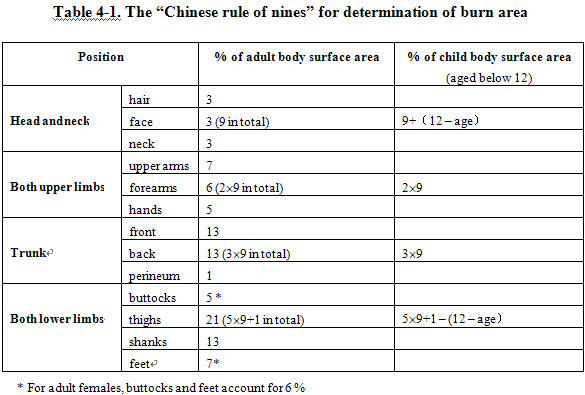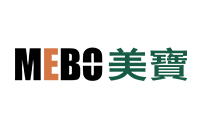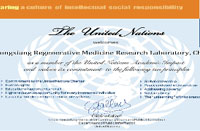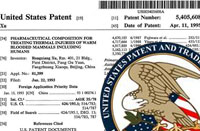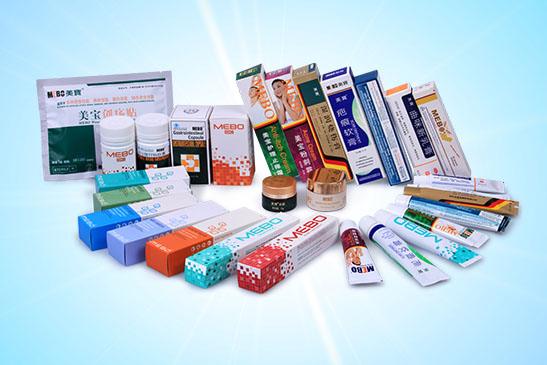Clinical Assessment of Burn Area
作者:Rong Xiang Xu 出版社:KARGER 发行日期:In 2004The head and neck is 9 % of the area of the whole body, two upper limbs is 18% (29), two lower limbs (including buttock) is 46% (59+1), the front and the back of the trunk (including perineum) is 27 % (39). This proportion may be different according to the patient’s age and gender. Therefore, some more accurate methods have been put forward. In 1970, “Chinese rule of nines” was named, this is based on the actual proportion of body surface area of Chinese people, and is now popularly applied (Table 1). In China, there is another rule named the “rule of tens” which considers the head and the neck area as 10 %, upper limbs 210 %, trunk (including perineum and buttock) 310 % and lower limbs 410 %. This method is also very simple and easy to apply.
